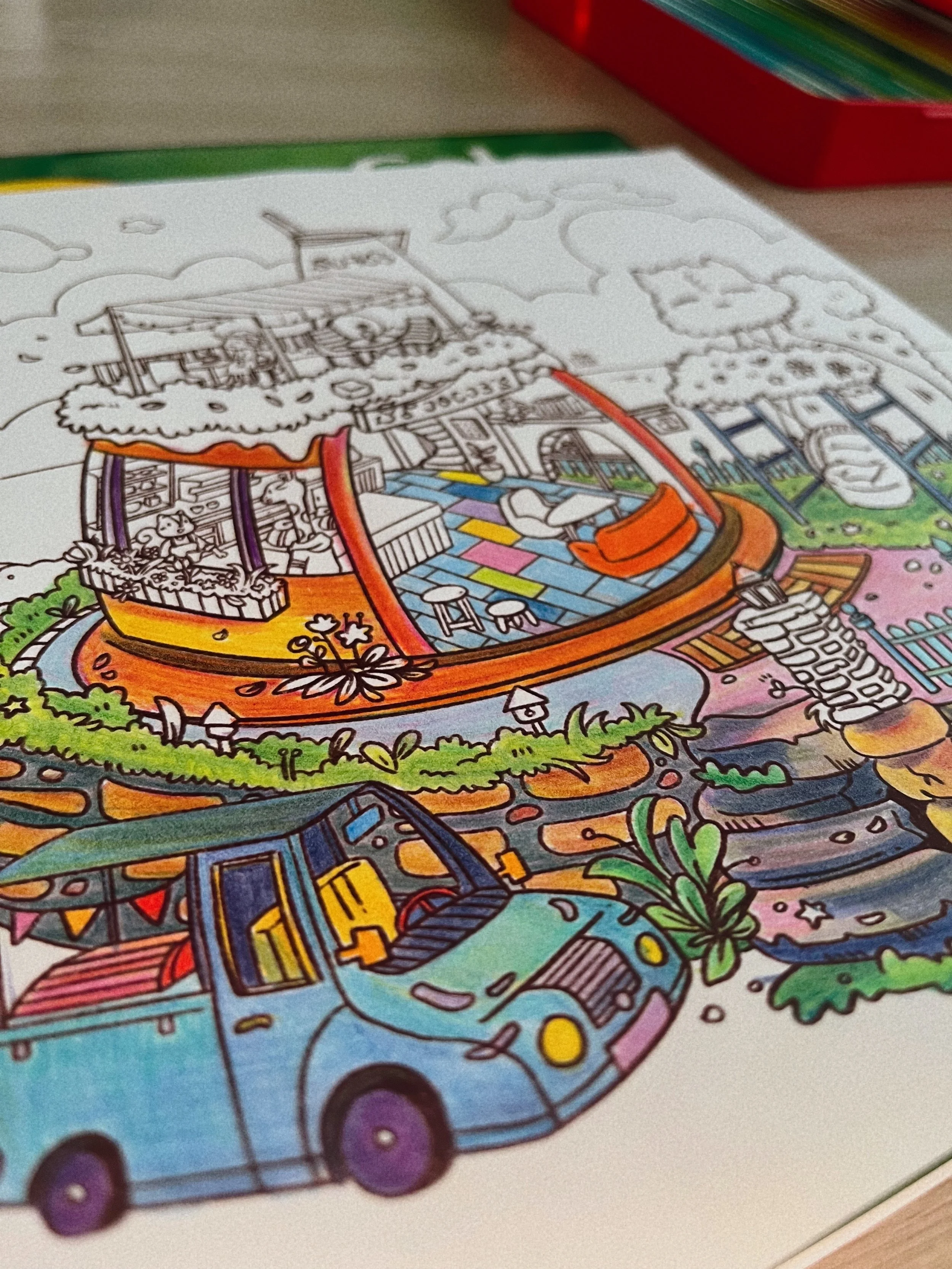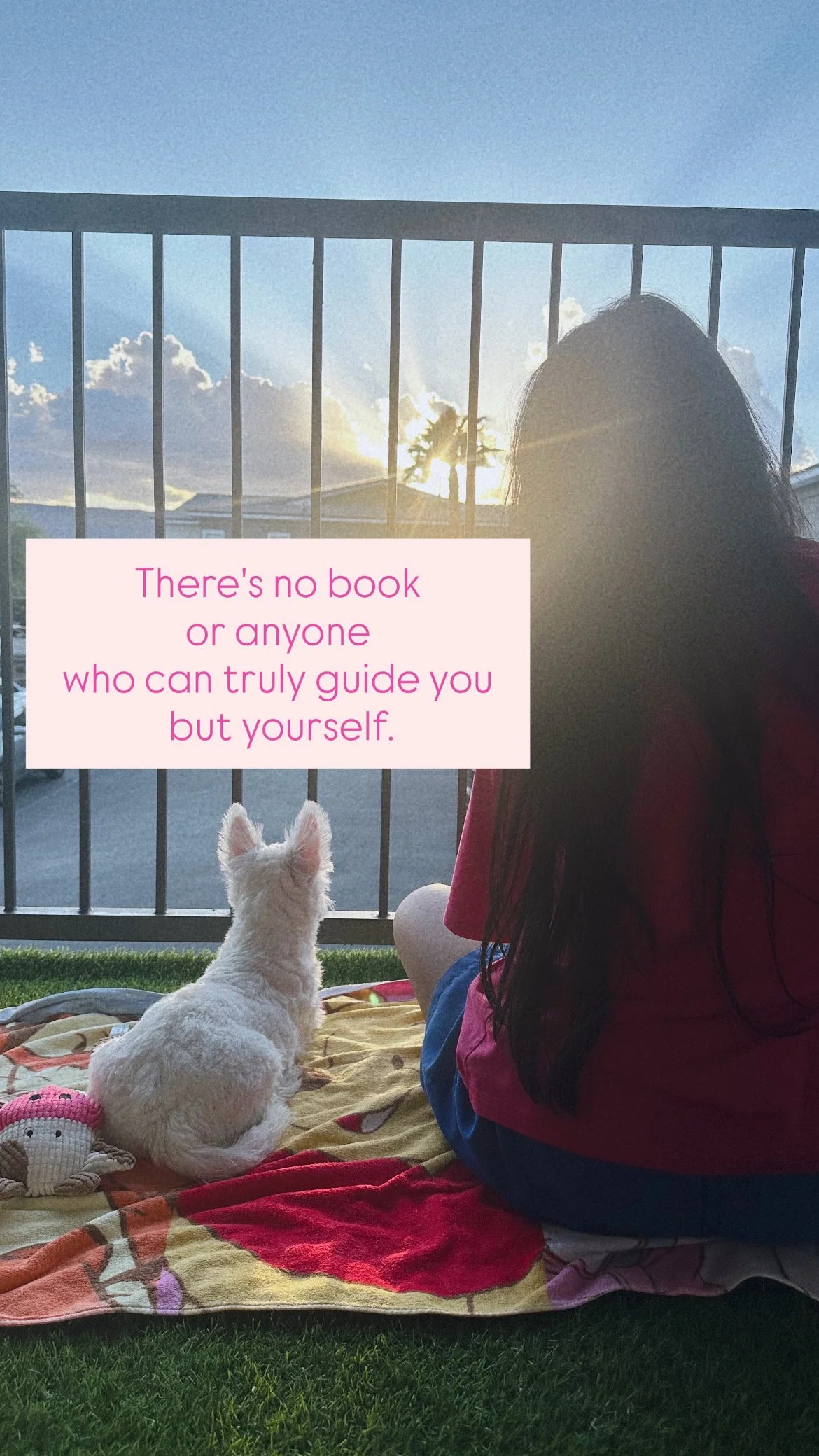Why embracing your inner child is the key to Artistic Mastery?
In this week’s Artist Journal, I talk about the Dimensional Mind and how to cultivate it. The book Mastery defines the 'Dimensional Mind' as the perfect blend of a childlike spirit and discipline. It's about not letting the rules we learn in the Apprenticeship Phase stifle that creative mind.
Reading about Wolfgang A. Mozart’s story in this chapter resonated with me deeply. His 'stirring from deep' brought me right back to a moment I've talked about before, when I had my own realization that art was a non-negotiable part of my life. That feeling came to me during the worst nightmare of my life—an asthma attack. If you're new here, I've mentioned it in a previous Artist Journal about the moment I realized art was my thing, my life.
Mozart was held back by the archbishop and his father, which limited his talent in their circles. It was only after he fell deathly sick at age 11 that he began to push back and awaken from this. This made me reflect on how little time he had to fully express himself once he gained that freedom. But his story still reminds me of myself, and that singular thought: "I can't die without creating story and art."
In this very beginning chapter, two key points really captured my attention: the idea that practicing is an opportunity to expand our knowledge and explore possibilities, and that the knowledge we gain in the Apprenticeship Phase can sometimes lock us into one-dimensional ways of thinking.
When I was seven years old, I took an art lesson outside of school, but I only went once. I sat down and the teacher said, "Take out your black watercolor paint, and let's draw an owl." I was shocked and a little confused. First, he never showed us a picture of an owl. Second, why must an owl be black? I was so scared that it would lock my creative mind. My family laughed and was shocked when I told them, "He did not know how to teach!"
My intuitive mind knew instantly that an owl isn't just black. It recognized that being told to paint it one specific way would limit my exploration and curiosity. That feeling of being "scared that it would lock my creative mind" is exactly the creative self-preservation that a master-in-the-making must possess.
My second art lesson was a much better apprenticeship experience. The focus was on basic skills, which I knew I needed at that time. I was a bit older and more comfortable with the idea of learning the fundamentals. I truly enjoyed the process because it was an "opportunity to expand my knowledge" and "explore more possibilities." By mastering those basics, I felt empowered and confident, knowing I was able to take my practice into my own hands. I would bring my tiny table and chair to the balcony, enjoying the breeze while I worked. That is the moment where an apprentice takes ownership of their learning, and it is a crucial step toward mastery.
Now, I’m in the Creative-Active phase of my journey, creating the Artist Journal, writing blog posts and stories, and practicing different art styles. I'm growing into a "I have gained the knowledge and I am using it in different ways" mindset, which enhances my personal skills. I'm building a portfolio to showcase my ideas, my stories, and my illustrations.
In high school, I struggled with emotional pitfalls for a long time. I felt worthless. I had so many ideas, but I didn’t know where to focus or how to grow. The classes I took in school didn’t spark anything in me. It wasn't until my first asthma attack when I was eighteen years old that I realized I shouldn't avoid being an artist anymore. That's the only thing I truly want to do.
It’s easy to look at others who seem so successful and feel stuck. They seem to have found their path, growing into a phase between being a student and a teacher. They know what questions to ask and where to find the answers. In moments like these, I get stuck on the idea that my art isn't valid or recognized by others. I carry so much on my shoulders, while the real world often only cares about a bank account.
However, my precious experience as a tutor at school taught me something crucial. I have a sense of direction now. I know where to start, where to grow, and where to get the answers. The most important thing is to simply begin and keep working. You will know which direction to go once you take your first step and continue to ask yourself questions.
This helps awaken your Original Mind. That's the creative mind we were born with, the one that is struck by the oddness and newness of life. As we grow older, our minds can change to the Conventional Mind, where what we see no longer sparks our interest. Don’t let emotional pitfalls bring you down.
I’ve learned that the journey to mastery isn't about becoming a perfect artist. It’s about having the courage to create from your deepest self, mixing the knowledge of your field with a childlike spirit and flexibility. So, I encourage you to start by asking yourself questions as your first step, and begin your creative-active journey today. Remember, all masters face the same problem: there's no book or anyone who can truly guide you but yourself.
<3




